COP26 & Technology for Our Planet - 11th November 2021
Have you heard the one where Leonardo DiCaprio walks into a bar in Maryhill? Sounds like the start of a weird joke, but many Glasgow locals have similarly odd stories to tell after 14 days of COP26. The story I’ll be telling, however, is of some of the events that took place during the two-week period, such as ‘Technology and Data are Key to Save the Environment’. ‘Bold statement’, I thought to myself while bookmarking the event.
After participating in that particular event, I’ll happily amend my statement to ‘bold but true’. Organised by Hitachi, the event focused on how machine learning (ML), artificial intelligence (AI), and data analytics are being used to reduce the UK's carbon footprint and protect the rainforests and the Great Barrier Reef.
The highlight of the event had to be the collaboration project between Rainforest Connection and Hitachi, which helps rangers track and prevent illegal logging, which accounts for 90% of deforestation.
The project involves setting up recording devices across several rainforests which detect sound from up to three kilometers away. After visualising the audio data, the team were able to identify and label 1,700 animal species from audio patterns. Not only is this data a great opportunity for ecologists to track the locations of animals in rainforests, but what the project has been able to achieve using the data is really quite special. Alongside an array of sounds captured by the AI that are undetectable to the human ear, the team can detect and label the sound of chainsaws, which triggers a real-time alert to rangers who can use the technology to identify the location and intervene in illegal logging activity.
But it doesn’t stop there. By analysing how the sounds of animals adapt when in the face of such threat, the AI model uses these changes in audio patterns to predict logging activity, even hours before it occurs. In other words, animals are giving us clues that their surroundings are being threatened, and technology is now in a position to listen.
The live audio data is also free and open source, which is useful whether you want to try out your own audio data analysis or just want to listen to some torrential rain to help you drift off to sleep.
***
As if I hadn’t already had enough excitement for one day, I tuned into ‘Tech for Our Planet: Digital Solutions for Climate Challenges’ in the hopes of listening to some equally inspiring speakers. Luckily, I wasn’t short-changed.
In partnership with PUBLIC and the Cabinet Office, the challenge aimed to identify leading tech startup solutions. In total, there were five challenges which represented different environmental considerations. For each challenge, two startups presented a five-minute pitch, and then answered a series of questions raised by a panel of industry experts.
The challenges and contributing startups were as follows:
· Challenge One, In Our Homes: Novoville & Olio
· Challenge Two, On Our Plate: Hummingbird Technologies & Agrisound
· Challenge Three, Thinking Smart: Brainbox AI & Measurable Energy
· Challenge Four, Engaging Communities: Commonplace & IRYS
· Challenge Five, Green Finance: Sweep & Earthblox
A particular highlight was hearing from BrainBox AI who are on a mission to improve the efficiency of buildings by using AI to optimise heating, ventilation, and air conditioning (HVAC) systems. The system uses internal and external data sources to predict the thermal behaviour of each zone in the building with 99% accuracy.
It uses this information to make informed decisions to improve efficiency and automatically regulates systems to reduce energy consumption by up to 25% and reduce the building's carbon footprint by 45%.
While I won't pretend to understand the ins and outs of the technology they use, if you scale up the impact these energy consumption savings would have on an entire city, or a country, it’s clear that the work they are doing is groundbreaking. So, it's no wonder that they were crowned the overall winner across the challenges.
However, after hearing all 10 pitches, I can confidently say that each of the startups are worthy winners. From smart wall sockets pitched by Measurable Energy, or Olio’s app to share food with neighbours to reduce food waste, each of the startups have their finger on the pulse and are ready to make waves in communities across the UK.
Whether it’s radio interviews, TV documentaries, or news headlines, everywhere we turn we see the devastating consequences of human actions, while simultaneously hearing that we have neither the time nor the power to fix the monumental issues. And when listening to proposals of politicians and industry giants, it can make you feel both frustrated and powerless. A bit like when you're doing a group project at university and there’s one person not pulling their weight.
And yet, as someone who is quite often plagued by eco-anxiety, the events brought great comfort to me. With each solution that was presented came a clear roadmap demonstrating both out-of-the-box thinking and common sense. The knowledge that behind the scenes there are so many dedicated people working on groundbreaking solutions is nothing short of inspiring. So inspiring, in fact, that I gave the speakers a round of applause even though I was watching remotely.
Whether eagerly awaited or equally dreaded, the summit gave us a lot to think about. If you’re interested in viewing the recorded events, please see below:
Technology and Data Are Key to Save the Environment | #COP26 - YouTube
Tech For Our Planet: Digital Solutions for Climate Challenges | #COP26 - YouTube

